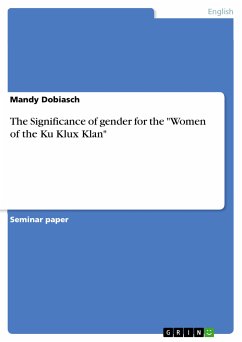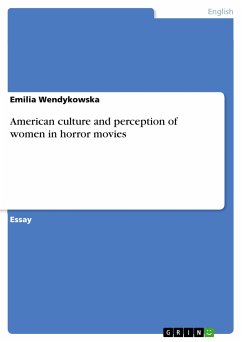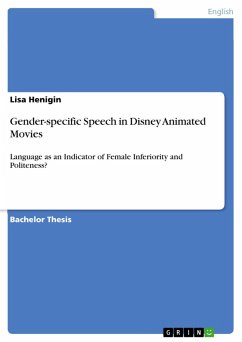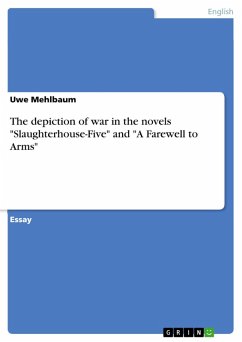Thesis (M.A.) from the year 2005 in the subject American Studies - Literature, grade: 1,7, Humboldt-University of Berlin, language: English, abstract: The Ku Klux Klan and its racist doctrine have a long history. In his work "Backfire. How the Ku Klux Klan Helped the Civil Rights Movement", David Chalmers calls the Klan as "America's only enduring political terrorist movement". The following paper will mainly focus on the presentation of the Klan in Thomas Dixon's Southern Reconstruction novel "The Clansman" and D. W. Griffith's movie "The Birth of a Nation", as well as in contemporary American literature and films. In that context, the Klan's prejudices against African Americans will be discussed - in connection with Karen Hesse's children book one also has to take prejudices against Jews into account. The analysis of Ku Klux Klan literature and films will cover three important Klan-eras beginning in 1887 until the 1960s. Different types of texts and films will be set in context with different cultural aspects of that time. All together, one cannot directly speak of an influence of Dixon's work on later Klan literature and films. But the presence of some similar motives in all novels and films which will be taken into account, shows an important aspect that will be the main point of this paper: Regardless of a pro-Klan or a political neutral work of fiction, one can recognise either a conscious or an unconscious hero worship of the Klan, or, at least a representation of the Klan's immense political and social power. One has to assume that different books and films indeed help to create a Klan myth. Throughout the paper, different motives will be compared to strengthen this thesis.
Dieser Download kann aus rechtlichen Gründen nur mit Rechnungsadresse in A, B, BG, CY, CZ, D, DK, EW, E, FIN, F, GR, HR, H, IRL, I, LT, L, LR, M, NL, PL, P, R, S, SLO, SK ausgeliefert werden.









